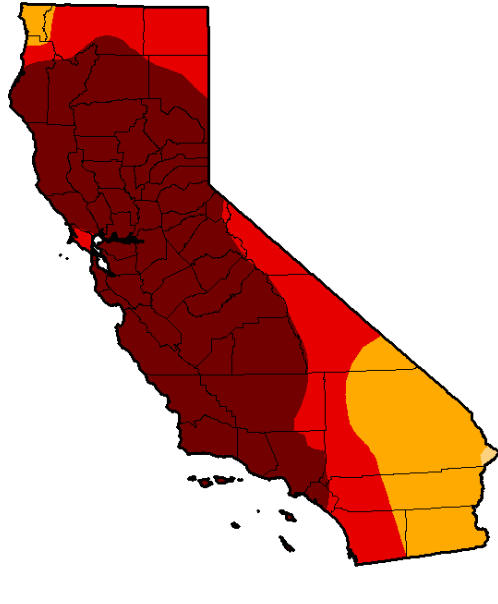 |
| X-ray of a California legislator |
Idiots on Parade
- Moron Democrats, with the support of ball-less and spineless Republicans, joined together to effectively make all sex illegal.
- In the mindless pandering for the votes of the Sheeple of California we will see endless numbers of men and women, gays and straights, accused of rape by jilted ex-lovers.
The California state senate unanimously approved a bill on Thursday that defines when “yes” means “yes” to sex.
Instead of “no means no” – the phrase commonly associated with sexual assault prevention – the law would require “affirmative, conscious, and voluntary agreement” by each party to engage in sexual activity.
If Gov. Jerry Brown (D) signs the bill into law – he has until the end of September – colleges and universities would have to adopt the so-called affirmative consent standard to continue receiving state funds for student financial aid reports the Washington Post.
The move comes as universities across the country are under pressure to improve how they handle sexual assault allegations. Several California colleges are on the Department of Education’s list of 55 institutions under investigation for allegedly mishandling sexual assault complaints.
The language of the bill is based on the recommendations of a White House student sexual assault task force.
Under the proposed standard, the fact that a person didn’t say “no” is no defense in a campus sexual assault investigation.
| In addition to consenting up front, the bill requires affirmative consent to be “ongoing throughout the sexual activity,” meaning that sexual partners must agree to each step of a sexual encounter as it progresses and consent can be revoked at any time. The standard would apply to all sexual encounters regardless of whether the parties are having a one-night stand or are in a long-term relationship. |
|---|
Nonetheless, as Slate’s Amanda Hess pointed out, this fact was lost on commentators, some who lamented the standard would redefine most sex as rape and would require students to agree to a verbal or written contract before sex.
Students, too, were somewhat confused. “I feel like their hearts are in the right place, but the implementation is a little too excessive,” Henry Mu, a 24-year-old biology major at California State Long Beach told the Press-Telegram. “Are there guidelines? Are we supposed to check every five minutes?”
 |
| True Morons The Democrat and GOP leaders of the California State Senate. |















































